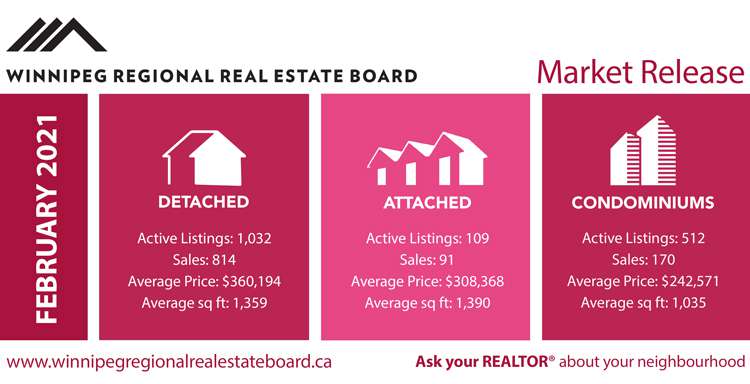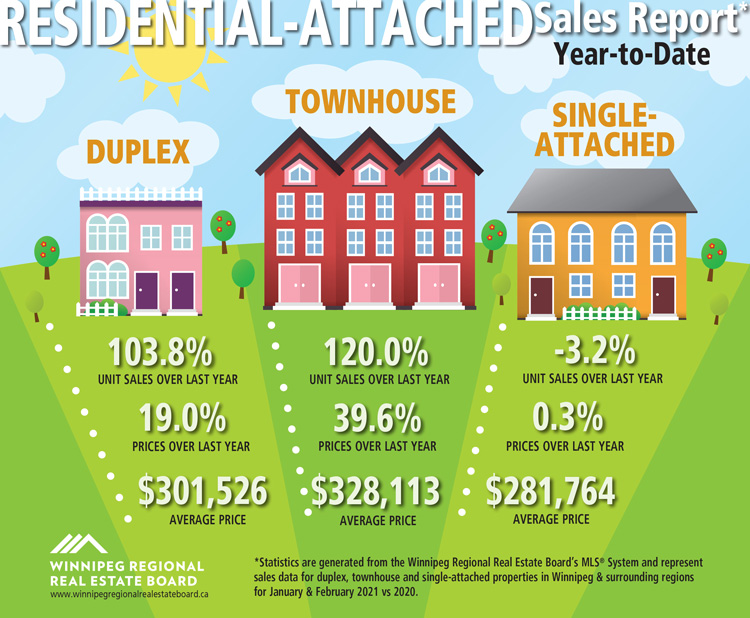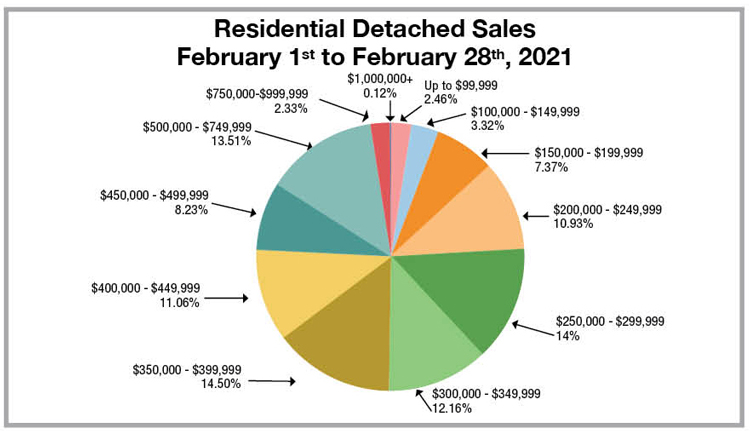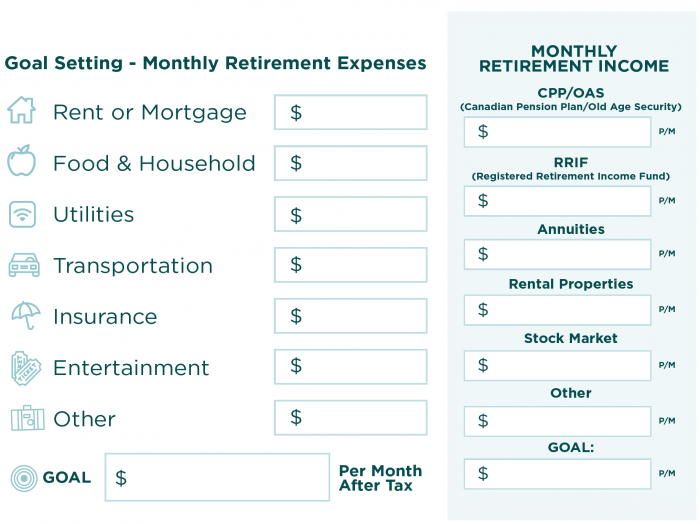Understanding Your Mortgage Rate.
When it comes to mortgages, one of the most important influencers is interest rate but do you know how this rate is determined? It might surprise you to find out that there are 10 major factors that affect the interest you will pay on your home loan!
Knowing these factors will not only prepare you for the mortgage process, but will also help you to better understand the mortgage rates available to you.
credit score
Not surprisingly, your credit score is one of the most influential factors when it comes to your interest rate. In fact, your credit score determines if you are able to qualify for financing at all – as well as how much. In order to qualify, a minimum credit score of 680 is required for at least one borrower. Having higher credit will further showcase that you are a reliable borrower and may lead to better rates.
loan-to-value (ltv) ratio
This ratio refers to the value of the amount being borrowed as a percentage of the overall home value. The main factors that impact LTV ratios include the sales price, appraised value of the property and the amount of the down payment. Putting down more on a home, especially one with a lower purchase price, will result in a lower LTV and be more appealing to lenders. As an example, if you were to buy a home appraised at $500,000 and are able to make a down payment of $100,000 (20%), then you would be borrowing $400,000. For this transaction, the LTV is 80%.
insured vs. uninsured
Depending on how much you are able to save for a down payment, you will either have an insured or uninsured mortgage. Typically, if you put less than 20% down, you will require insurance on the property. Depending on the insurer, this can affect your borrowing power as well as the interest rates.
fixed vs. variable rate
The type of rate you are looking for will also affect how much interest you will pay. While there are benefits to both fixed and variable mortgages, it is more important to understand how they affect interest rates. Fixed rates are based on the bond market, which depends on the amount that global investors demand to be paid for long-term lending. Variable rates, on the other hand, are based on the Bank of Canada’s overnight lending rate. This ties variable rates directly to the economic state at-home, versus fixed which are influenced on a global scale.
location
Location, location, location! This is not just true for where you want to LIVE, but it also can affect how much interest you will pay. Homes located in provinces with more competitive housing markets will typically see lower interest rates, simply due to supply and demand. On the other hand, with less movement and competition will most likely have higher rates.
rate hold
A rate hold is a guarantee offered by a lender to ‘hold’ the interest rate you were offered for up to 120 days (depending on the lender). The purpose of a rate hold is to protect you from any rate increases while you are house-hunting. It also gives you the opportunity to take advantage of any decreases to your benefit. This means that, if you were pre-approved for your mortgage and worked with a mortgage broker to obtain a ‘rate hold’, you may receive a different interest rate than someone just entering the market.
refinancing
The act of refinancing your mortgage basically means that you are restructuring your current mortgage (typically when the term is up). Whether you are changing from fixed to variable, refinancing to consolidate debt, or just seeking access to built up equity, any change to your mortgage can affect the interest rate you are offered. In most cases, new buyers will be offered lower rates than refinancing, but refinancing clients will receive better rates than mortgage transfers. Regardless of why you are refinancing, it is always best to discuss your options with a mortgage broker to ensure you are making the best choice for your unique situation.
home type
Among other things, lenders assess the risk associated with your home type. Some properties are viewed as higher risk than others. If the subject property is considered higher risk, the lender may require higher rates.
secondary property (income property/vacation home)
Any secondary properties or those bought for the purpose of being an income property or vacation home, will be assessed as such. The lender may deem these as high risk investments, and you may be required to pay higher interest rates than you would on a principal residence. This is another area where a mortgage broker can help. Since they have access to a variety of lenders and various rates, they can help you find the best option.
income level
The final factor is income level. While this does not have a direct affect on the interest rate you are able to obtain, it does dictate your purchasing power as well as how much you are able to put down on a home.
It is important to understand that obtaining financing for a mortgage is a complex process that looks at many factors to ensure the lender is not putting themselves at risk of default. To ensure that you – the borrower – is getting the best mortgage product for your needs, don’t hesitate to reach out to a DLC Mortgage Broker today! Mortgage brokers are licensed professionals that live and breathe mortgages, and who have access to a variety of lenders to ensure you are getting the best rates. Mortgage brokers can also assess your unique situation and find the right mortgage for you. Their goal is to see you successfully find and afford the home of your dreams and set you up for future success!




